What is the difference between Cat 6 and Cat 7?
- , by Jarno Heideman
- 1 min reading time
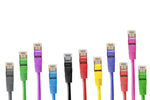
Nowadays, more and more electronic devices need to be connected to the internet. That is why it is very important to have everything in your home properly connected. There are a few things you need to keep in mind when connecting a network.
The time when the computer was the only device connected to a network is long gone. Nowadays, more and more devices need to be connected to the internet or home network. Think of a smart TV, printers, media players, NAS or Raspberry Pi. These devices can usually be connected with a WiFi connection, but a wired connection is often more stable and faster.
To wire a network at home, UTP cables are used. These are available in different categories. The categories start with Cat5e and go up to Cat7. The higher the category, the faster the network cable. In the overview below you can see the differences:
- Cat5e – Has a speed of up to 1,000 Mbps, 100MHz
- Cat6 – Has a speed of up to 1,000 Mbps, 250MHz
- Cat6a – Has a speed of up to 10,000 Mbps, 500MHz
- Cat7 – Has a speed of up to 10,000 Mbps, 1,000MHz
The big difference between Cat6 and Cat7 is the speed and frequency. As you may have seen, a Cat7 cable has a maximum speed of 10,000 Mbit/s and a Cat6 cable has a maximum speed of 1,000 Mbit/s. Cat7 also has a higher frequency than Cat6. The frequency indicates how often the signal can pass through the cable. At a frequency of 1,000 MHz, 10,000 Mbit/s can be transferred 10,000 times per second. A Cat7 cable will therefore be able to transfer data faster than a Cat6 cable. 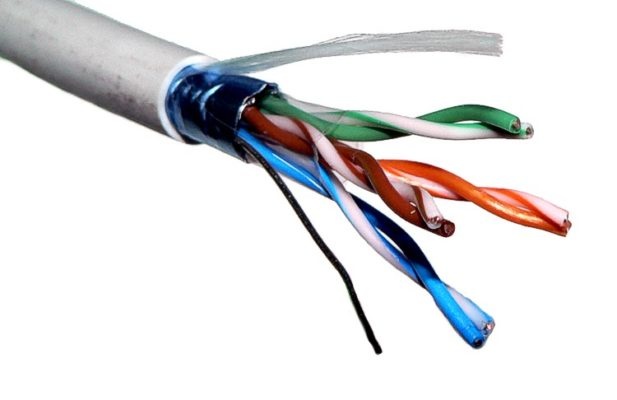
Related categories
Check out our other blogs
-
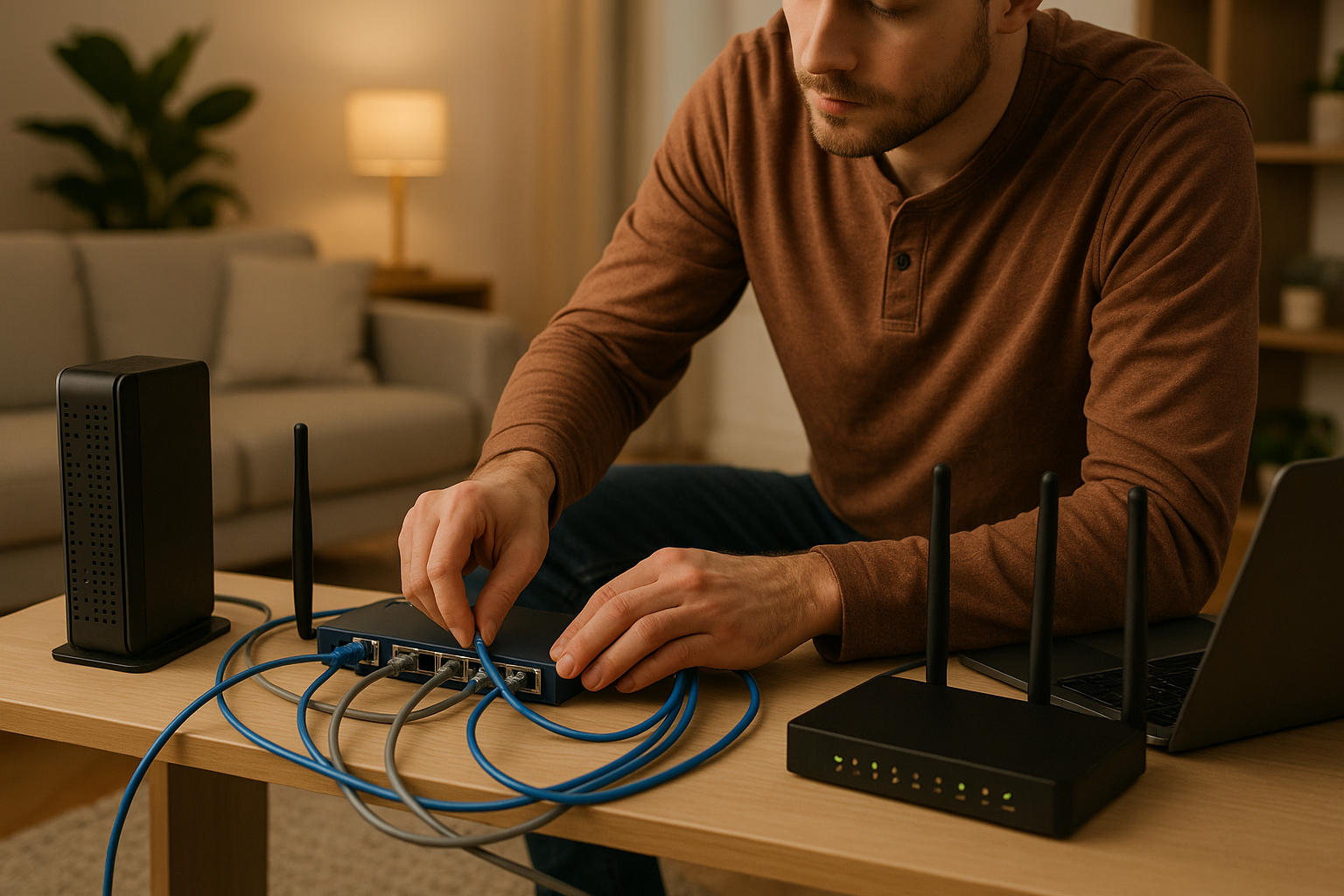
, by Jarno Heideman How do you easily set up a home network yourself?
-

, by Jarno Heideman What are the color codes of UTP cables and how do you use them correctly?
-
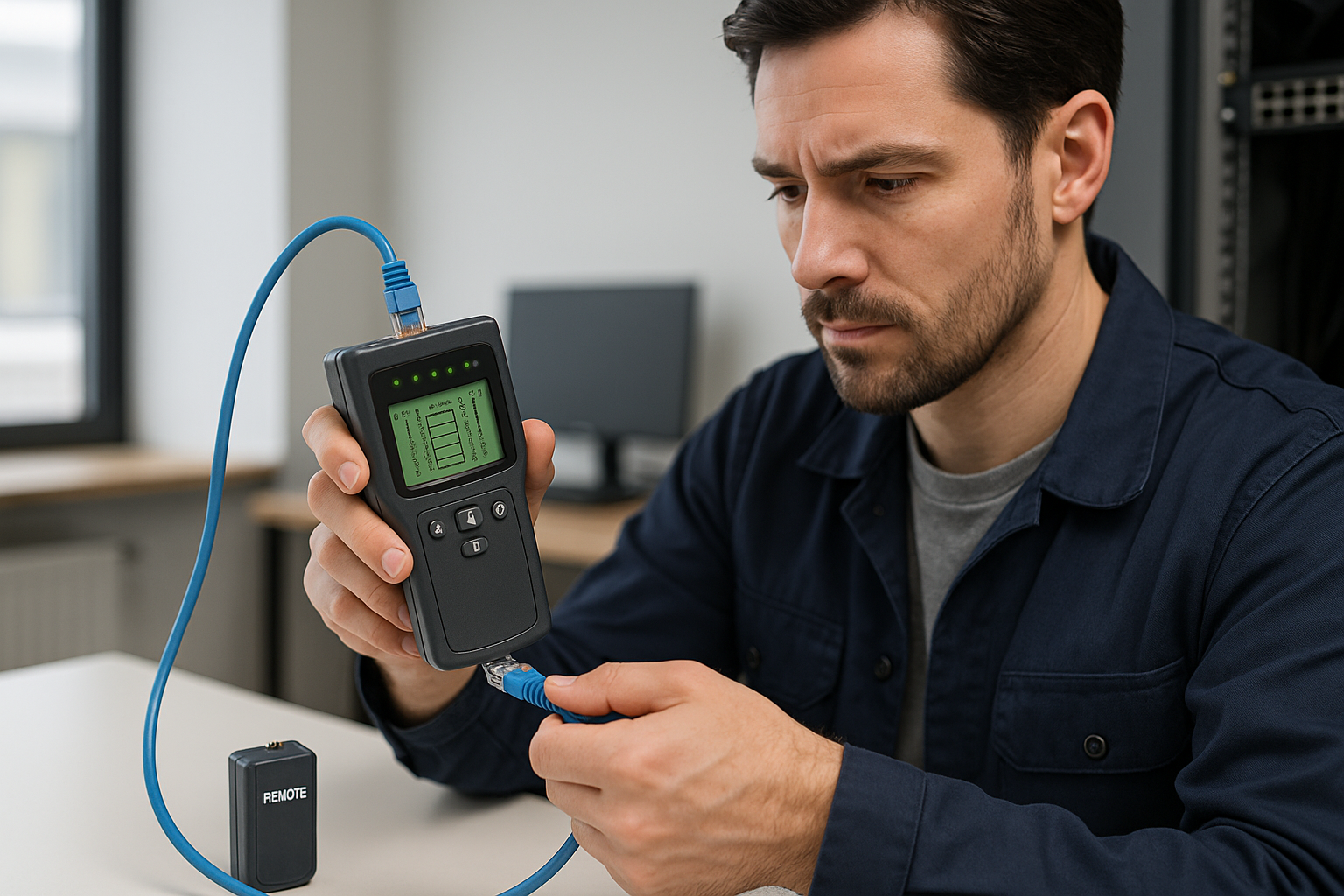
, by Jarno Heideman How do you test a UTP cable without making mistakes?
-
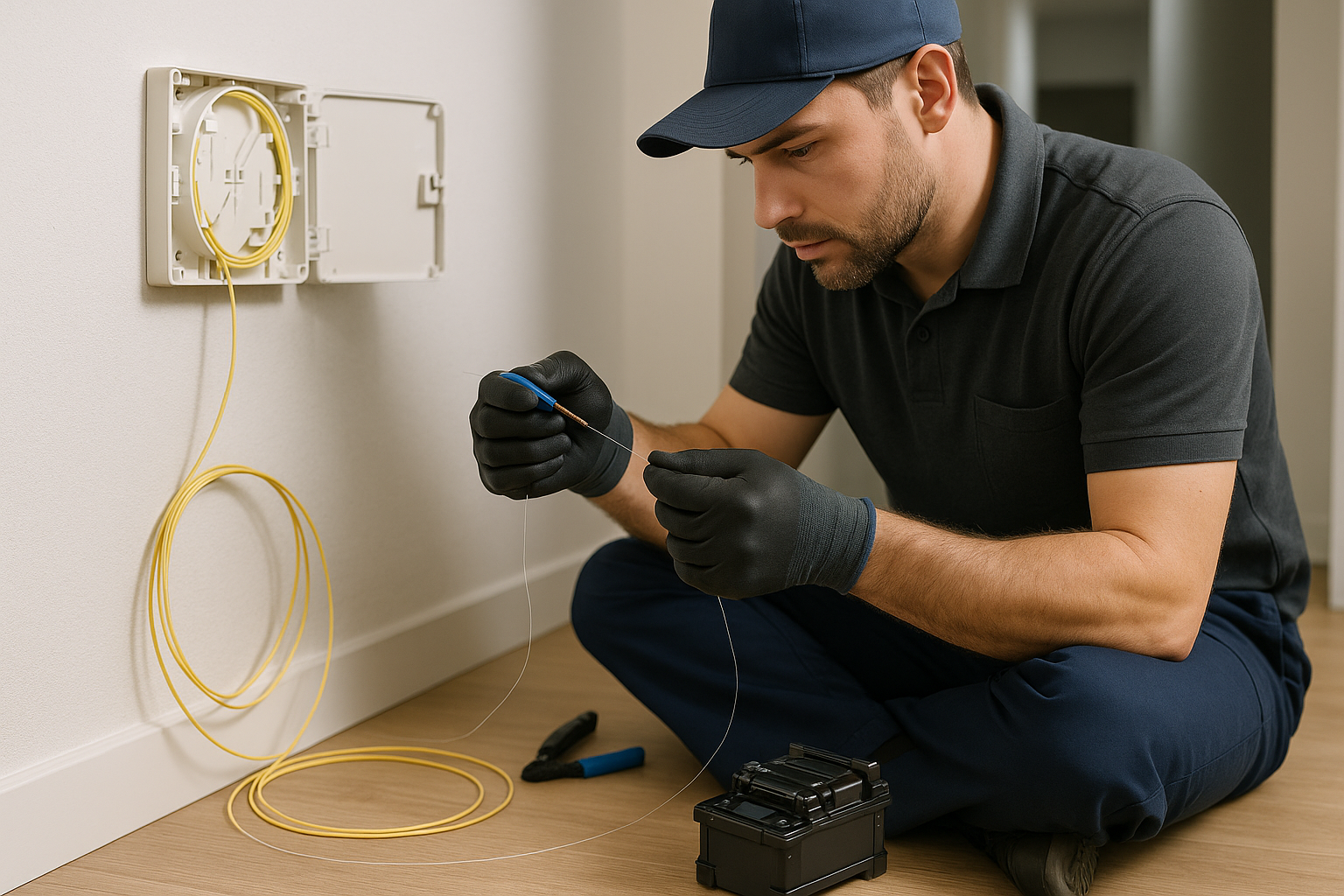
, by Jarno Heideman How do you connect fiber optic yourself without any hassle at home?



